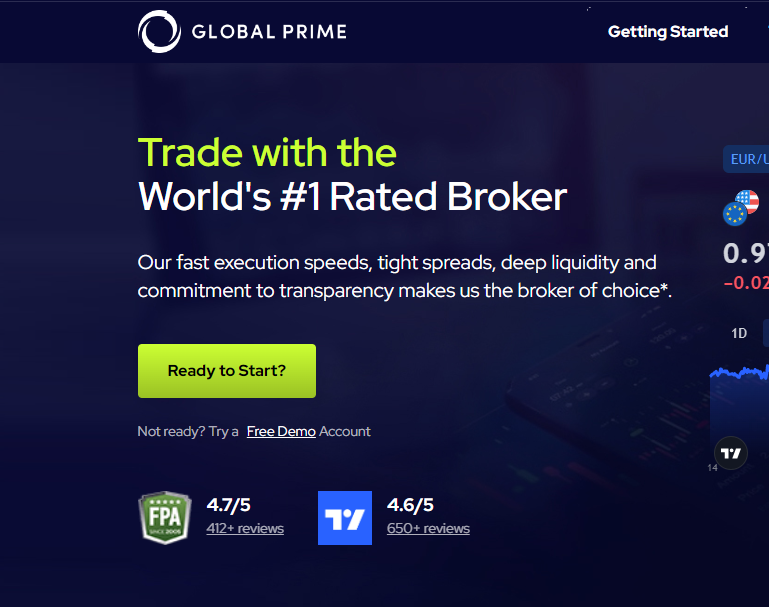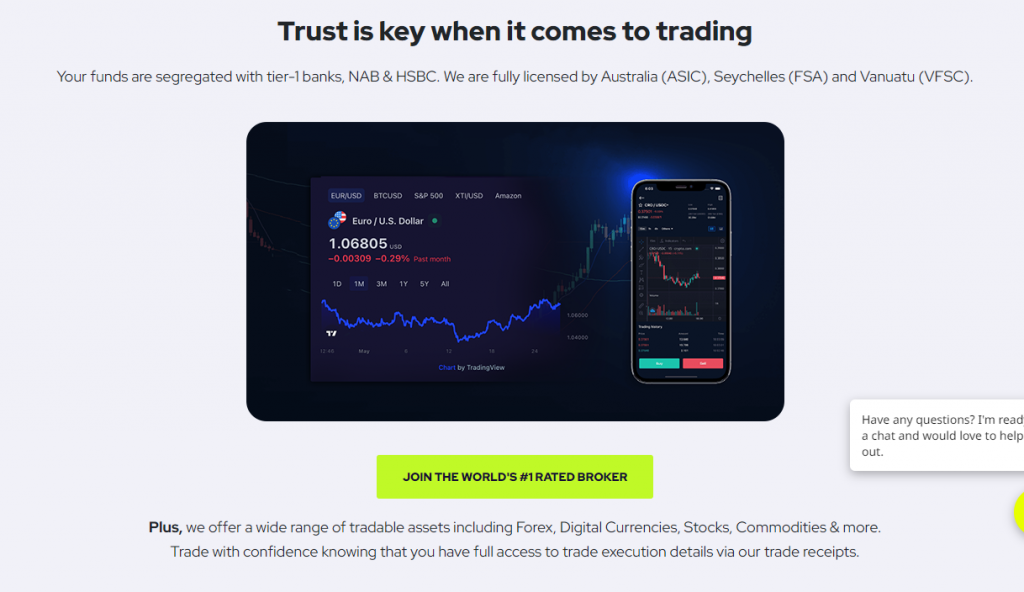Commodities trading is a fascinating and dynamic sector that offers investors the opportunity to participate in the global market for essential raw materials. Commodities can be broadly classified into two categories: soft commodities and hard commodities.
In this article, we will delve into the distinctions between these two types of commodities, examine the factors that influence their prices, discuss how natural disasters and geopolitical events impact commodity markets, and provide tips for successful commodities trading.
Soft Commodities
Soft commodities refer to agricultural products or other perishable goods. They are typically grown rather than extracted from the earth. Examples of soft commodities include wheat, corn, soybeans, coffee, cocoa, sugar, cotton, and livestock.
The prices of soft commodities are influenced by factors such as weather conditions, crop diseases, government policies, and global demand-supply dynamics. For instance, a drought in a major wheat-producing region can significantly reduce the harvest, causing the price of wheat to rise.
Hard Commodities
Hard commodities, on the other hand, are natural resources that are extracted or mined from the earth. These include crude oil, natural gas, gold, silver, copper, iron ore, platinum, and industrial metals.
Hard commodities are affected by factors such as geopolitical events, global economic growth, production levels, and technological advancements. For example, if there is a disruption in oil supplies due to political tensions or conflicts, the price of crude oil can surge rapidly.
Factors Affecting the Price of Commodities
Several factors can affect the prices of both soft and hard commodities. These include:
1. Supply and demand dynamics: Changes in global production, consumption patterns, and inventories can influence commodity prices.
2. Weather conditions and natural disasters: Extreme weather events like droughts, floods, hurricanes, and wildfires can impact agricultural commodities.
3. Geopolitical factors: Political instability, trade disputes, sanctions, and conflicts can disrupt the supply and demand of commodities.
4. Currency fluctuations: Exchange rate movements can affect the competitiveness of commodities in international markets.
5. Technological advancements: Innovations in production techniques and extraction methods can impact commodity prices.
Impacts of Natural Disasters and Geopolitical Factors
1. Natural disasters: Natural calamities such as hurricanes, floods, earthquakes, and wildfires can significantly affect commodities.
2. Weather-related disruptions: Extreme weather events can disrupt agricultural production and cause price volatility.
3. Geopolitical factors: Political tensions, conflicts, trade disputes, and sanctions can lead to supply disruptions and impact commodity prices.
4. Oil market example: For instance, the war between Russia and Ukraine can affect the price of crude oil due to potential disruptions in oil supplies from the region.
Tips for Successful Commodities Trading
1. Educate yourself: Acquire a solid understanding of the commodities market, including its various sectors, trading strategies, and risk management techniques.
2. Research and analysis: Stay updated on market news, economic indicators, weather reports, and geopolitical developments to make informed trading decisions.
3. Diversify your portfolio: Spread your investments across multiple commodities to mitigate risks associated with specific sectors.
4. Risk management: Set clear risk tolerance levels, use stop-loss orders, and employ proper position sizing techniques to protect your capital.
5. Utilize technical analysis: Study price charts, indicators, and patterns to identify potential entry and exit points for trades.
How to Track Commodities Market Data
Tracking commodities market data involves keeping an eye on the prices, trends, and forecasts of various commodities. Here’s how you can do it:
1. Financial News Websites: Websites like Bloomberg, Reuters, and CNBC provide up-to-date news on commodities. They offer live updates on prices, trends, and market analysis.
2. Commodity Exchanges: Commodity exchanges such as the Chicago Mercantile Exchange (CME), London Metal Exchange (LME), and New York Mercantile Exchange (NYMEX) provide real-time data on commodity prices.
3. Brokerage Platforms: Many online brokerage platforms provide real-time commodity prices and charts. Some of these platforms also offer advanced analytical tools.
4. Economic Reports: Government and international organizations like the U.S. Energy Information Administration (EIA) and the International Monetary Fund (IMF) publish reports on commodity markets. These reports provide valuable insights into the supply, demand, and price trends of various commodities.
5. Commodity ETFs: Exchange-traded funds (ETFs) that track commodities can provide a good indication of how the commodities market is performing.
6. Mobile Apps: Several mobile apps provide real-time updates on commodity prices. These apps often come with features like customizable watchlists and alerts.
HF Markets: Best Broker for Commodities Trading
When it comes to commodity trading, HF Markets emerges as the premier choice for traders. With its cutting-edge trading platform, a diverse range of commodities, competitive spreads, robust risk management tools, and exceptional customer support, HF Markets offers unparalleled advantages.
Traders benefit from a user-friendly platform, access to a wide variety of commodities, cost-effective trading conditions, comprehensive risk management tools, regulatory compliance, and responsive customer service. By choosing HF Markets as their broker, traders can confidently navigate the world of commodity trading and optimize their investment strategies.
Trade Commodities Without Limits
Commodities trading provides opportunities for investors to participate in the global market for essential raw materials. By understanding the distinctions between soft and hard commodities, monitoring market factors, and employing effective trading strategies, you can navigate this dynamic sector successfully.







